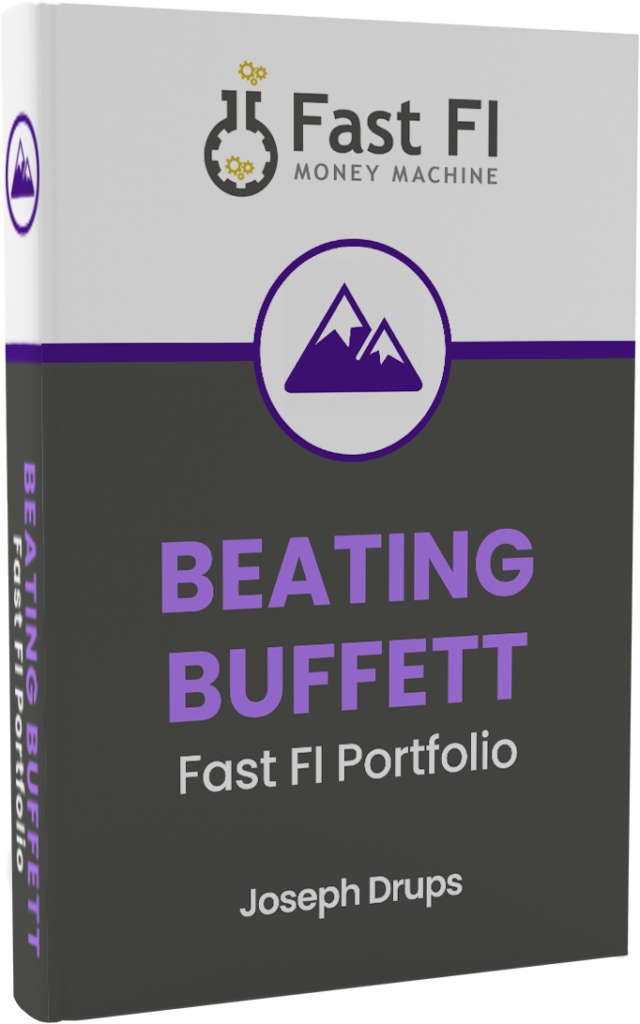Investments come in all shapes and sizes. Depending on your risk tolerance, preferences, experience level, and goals, you can choose from a number of different investment types that might check all the boxes. If you’re not interested in starting a new business or investing in a start-up, a search fund could be a better alternative with similar benefits.
What Is a Search Fund?
In short, a search fund is a type of investment that allows entrepreneurs to acquire and manage an already established business with the help of outside investors. It’s a vehicle for entrepreneurs and investors to purchase small businesses using leverage. Rather than starting a new business from scratch, you’re taking over a suitable small business and investing in its growth and existing cash flow.
Search funds have many benefits. First and foremost is that an established business has a lower risk of failure than a new business start-up. Even with the reduced risk, search funds offer a very attractive return. The IRR from search funds average 36.7% with an 8.4x multiple of investment. For an investor with a lower risk tolerance than start-up investing, or investors who are looking to diversify their risk profiles, search funds are an option worth considering.
A search fund goes through a predictable series of events, which can usually be broken down to 4 distinct stages: 1) Raising Capital, 2) The Search and Acquisition, 3) Business Operation and Growth, 4) Exit.
Search Fund Process
Step 1: Raising Capital
When an entrepreneur decides to set up a search fund, they’re setting up a long-term investment that will need capital investment. The first stage of capital is needed at the very beginning. Capital must be raised to pay for the searching process itself, as there are considerable costs associated with finding and acquiring an off-market business.
Capital raised during the initial phase will often go toward paying the entrepreneur a salary while they’re searching, covering evaluation costs, consulting with legal and other advisories, renting office space, and similar associated costs. Investors who contribute towards the initial capital requirements will get rights related to later investment decisions if there is a required Series B funding stage.
Step 2: Search, Evaluation & Acquisition
During the searching phase, the entrepreneur(s) responsible for the fund will be working full-time to find and evaluate businesses for purchase. This is a long step in the process taking from 6-19 months. It could be as little as 3 months or as many as 3 years. The fund will likely set a time after which the process will be re-evaluated if a deal isn’t in the works, and the group will decide whether to carry on searching or not.
Every business that’s considered for purchase goes through a strict due diligence and evaluation process. This is very formulaic and leaves nothing to guesswork. Search funds have a higher chance of success when they make this process predictable and highly methodical. Evaluation can be stalled by business owners being hesitant to sell, documentation being difficult to find or interpret, extenuating circumstances, and other reasons.
Search funds tend to prefer companies that already have a stable cash flow, a sustainable position in their market, and that have some opportunity for value addition and growth. For an investor, these qualities are attractive because it means they’re less likely to lose their investment. A business with those characteristics can often be managed well even by a less-experienced entrepreneur.
Once a suitable business is found, the entrepreneur will work on acquiring it. Negotiating and finalizing a deal may take some time, but doing it right sets the business up for success later on. Additional capital raising is done to make the business purchase. Acquisition marks the end of this phase.
Step 3: Business Operation
After a business is successfully acquired, the entrepreneur will take over its management and daily operations. Search fund investors are likely to be put on the board of directors. During evaluation of the business, certain opportunities for value creation will have been identified as factors for consideration. These will now be acted upon to increase the value of the business moving forward.
Many entrepreneurs will spend the first few months of operations getting familiar with every part of the business. Before making drastic changes, it’s often better to get to know the business and industry closely. Once they’ve been leading the business for at least 6 months, they are likely to start making the planned changes incrementally. Value creation strategies are best implemented when partnering with skilled, experienced investors or consultants who can serve as advisors to management.
If the business experiences growth, investors and the entrepreneur will benefit from growth in the value of their equity as well as from dividends, if the business decides to pay out dividends later on.
Step 4: Exit the Deal
The end of a search fund investment comes when the exit strategy is enacted. This generally means selling the business and paying out to the investors, but it could also mean repaying debt to investors, taking the company public, buying back the investor shares in the company, or otherwise. It’s a long-term strategy with a 5+ year horizon. One strategy will usually be set up at the beginning of the deal as a proposed exit point, but others will be evaluated as the business operations progress.
The deal exit is the point at which the search fund is no longer involved in the business, whether or not some of the original parties stick with it. The entrepreneur may decide to buy out the investors, providing them a return on their investment and allowing the entrepreneur to proceed without them. Overall, the main goal for exiting is to provide the best ROI possible for all parties involved. This is the mark of a successful search fund.
Is a search fund right for you, as an entrepreneur or investor? What are the risks involved? How can you be sure you’re investing in the right person or business?






